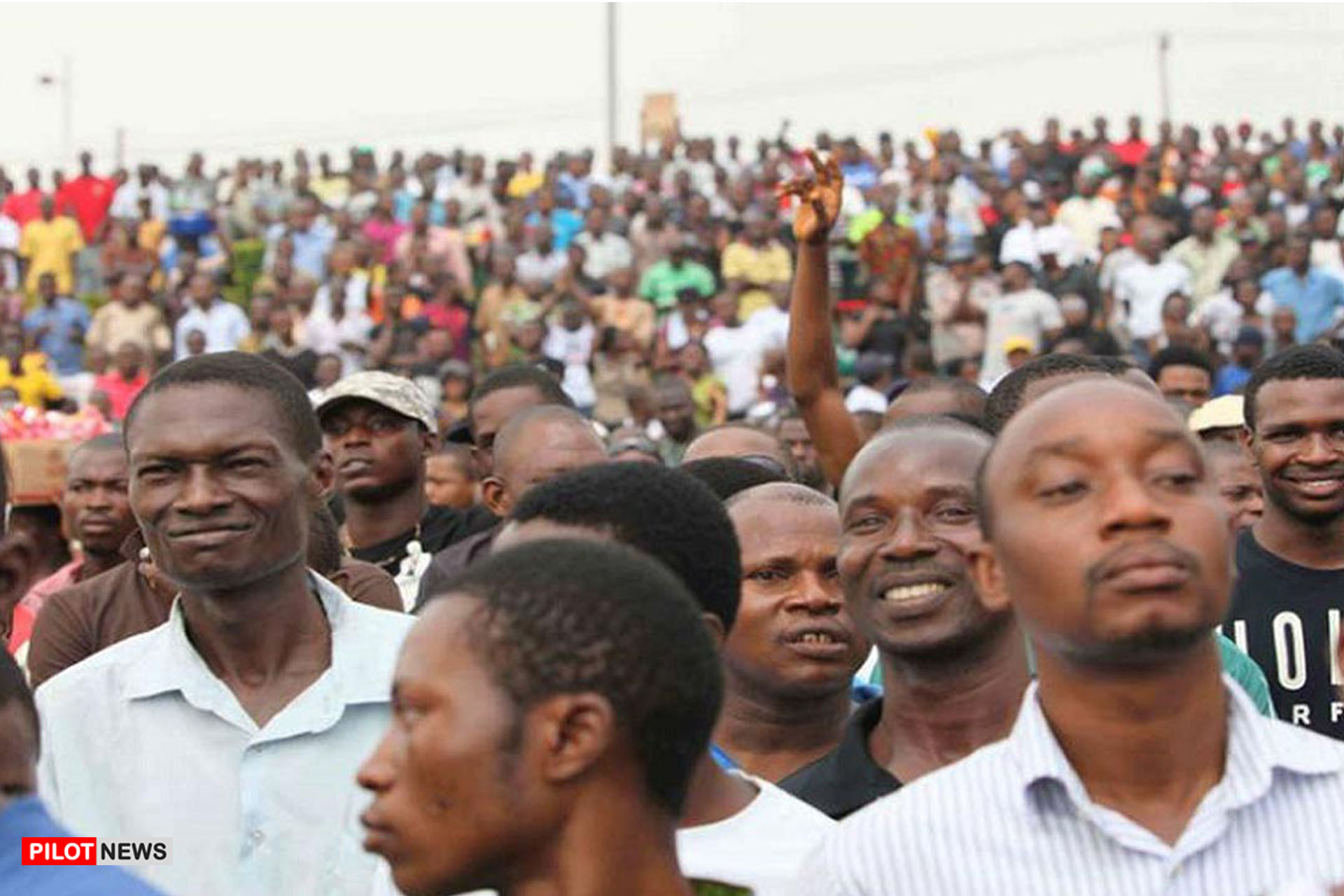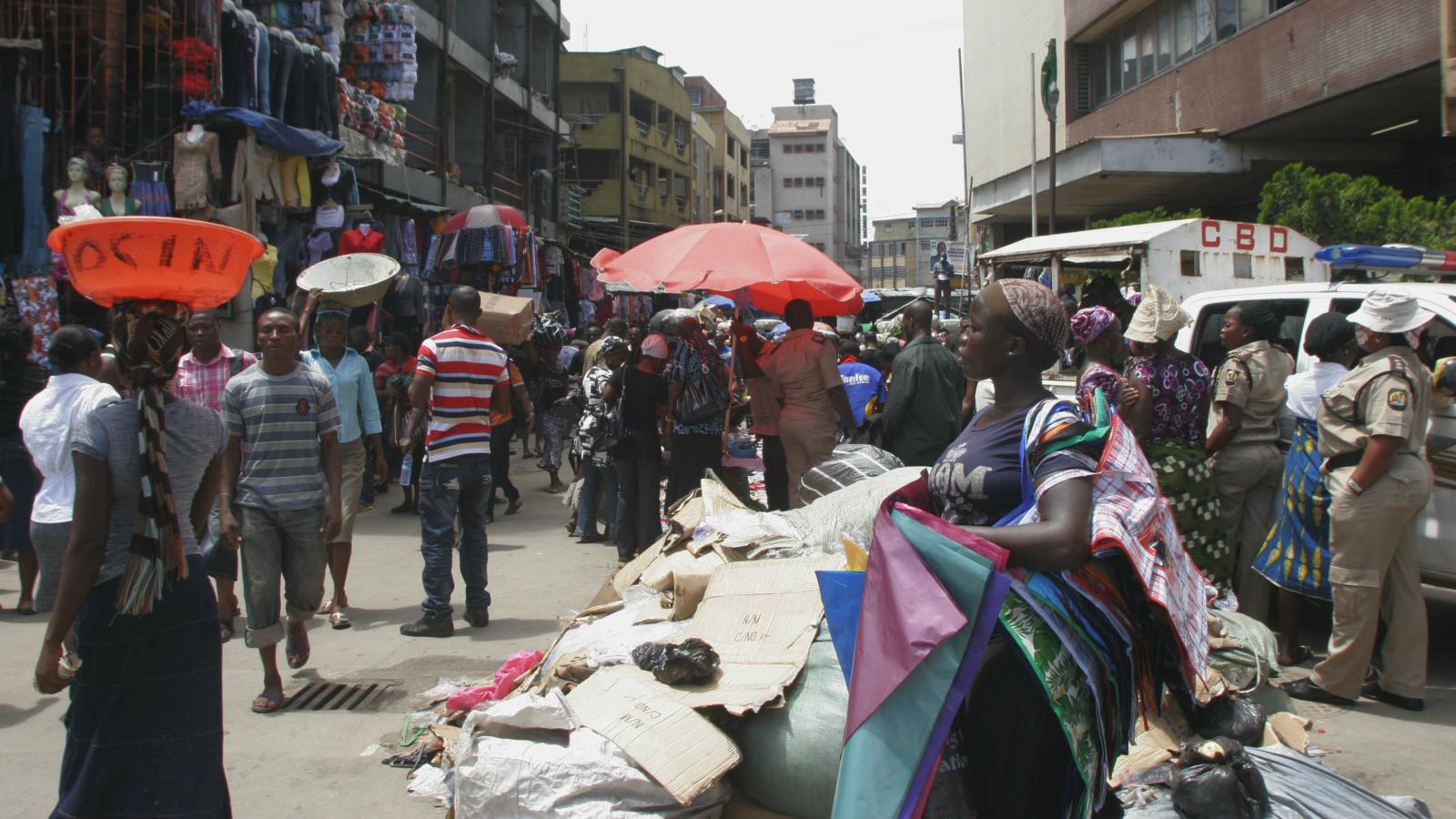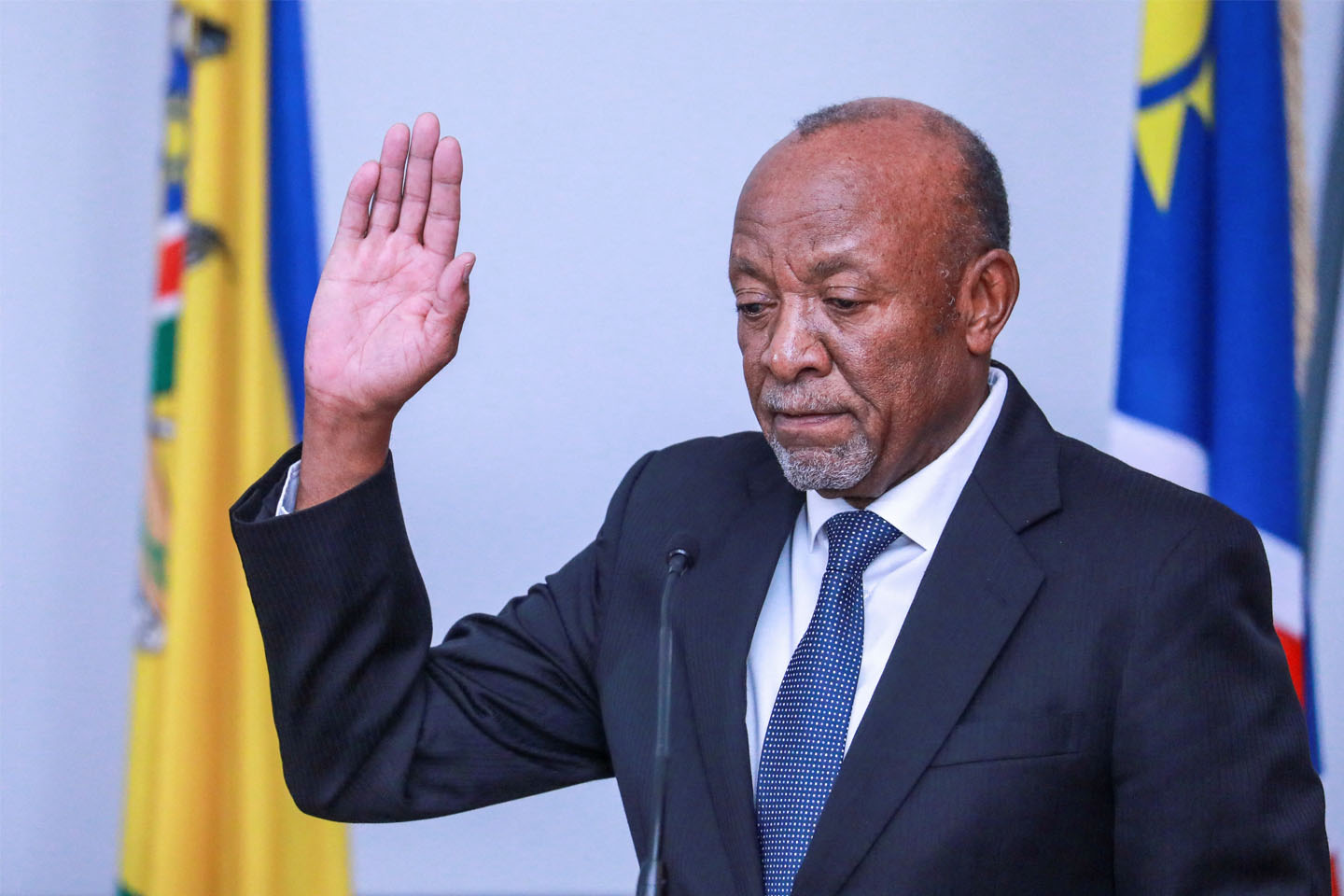Nigeria
Chile’s President-Elect Gabriel Boris: What the Nigerian Youths Must Learn

- OPINION: What Has Quality Got to Do With Soludo’s Made-in-Anambra Brands - February 5, 2022
- Buhari Appoints Olatunji NDPB Pioneer National Commissioner - February 5, 2022
- Why ‘Side-chicks’ Remain in Business – Benin Residents - February 5, 2022
News
Senator Cory Booker Leads a Congressional Delegation to Nigeria

Senator Cory also met women entrepreneurs from the Academy for Women Alumnae Association
Last week, US Senator Cory Booker from New Jersey led a congressional delegation to Nigeria, which included House of Representatives members Sara Jacobs and Barbara Lee from California. The purpose of the visit was to discuss a partnership on sustainable development. During the talks, Nigerian President Bola Tinubu expressed his administration’s dedication to strengthening democracy through upholding the rule of law and ensuring good governance, justice, and fairness for all citizens. Senator Booker emphasized the shared values of democracy, the rule of law, and commitment to peace and good governance that bind Nigeria and the United States as partners.
The delegation also met with women entrepreneurs from the Academy for Women Alumnae Association, who had participated in US-sponsored exchange programs. Led by Adebisi Odeleye of Moore Organics, the businesswomen shared their experiences and discussed their entrepreneurial endeavors. Other Academy members were Mandela Washington Fellow, Nkem Okocha of Mama Moni, Inemesit Dike of LegalX, and Mercy Ogori of Kokomi.
The partnership between the United States and Nigeria has lasted over six decades, focusing on addressing security challenges, enhancing health security, and responding to global health crises. Despite obstacles like corruption, poverty, and insecurity, the US remains dedicated to supporting Nigerian institutions and promoting free, fair, transparent, and peaceful elections.
During the visit to the State House, Senator Booker reiterated the shared values of democracy, the rule of law, and commitment to peace and good governance that unite Nigeria and the United States as partners.
- OPINION: What Has Quality Got to Do With Soludo’s Made-in-Anambra Brands - February 5, 2022
- Buhari Appoints Olatunji NDPB Pioneer National Commissioner - February 5, 2022
- Why ‘Side-chicks’ Remain in Business – Benin Residents - February 5, 2022
News
NLC protests: Why Nigeria’s economy is in such a mess

Nigeria is currently experiencing its worst economic crisis in a generation, leading to widespread hardship and anger.
The trade union umbrella group, the Nigeria Labour Congress (NLC), held protests in the main cities on Tuesday, calling for more action from the government.
A litre of petrol costs more than three times what it did nine months ago, while the price of the staple food, rice, has more than doubled in the past year.
These two figures highlight the difficulties that many Nigerians are facing as wages have not kept up with the rising cost of living.
Like many nations, Nigeria has experienced economic shocks from beyond its shores in recent years, but there are also issues specific to the country, partly driven by the reforms introduced by President Bola Tinubu when he took office last May.
How bad is the economy?
Overall, annual inflation, which is the average rate at which prices go up, is now close to 30% – the highest figure in nearly three decades. The cost of food has risen even more – by 35%.
However, the monthly minimum wage, set by the government and which all employers are supposed to observe, has not changed since 2019, when it was put at 30,000 naira – this is worth just $19 (£15) at current exchange rates.
Many are going hungry, rationing what food they have or looking for cheaper alternatives.
In the north, some people are now eating the rice that is normally discarded as part of the milling process. The waste product usually goes into fish food.
Widely shared social media videos indicate how some are reducing portion sizes.
One clip shows a woman cutting a fish into nine pieces rather than the average four to five. She is heard saying her goal is to ensure her family can at least eat some fish twice a week.
What is causing Nigeria’s economic crisis?
Inflation has soared in many countries, as fuel and other costs spiked as a result of the war in Ukraine.
But President Tinubu’s efforts to remodel the economy have also added to the burden.
On the day he was sworn in nine months ago, the new president announced that the long-standing fuel subsidy would be ending.
This had kept petrol prices low for citizens of this oil-producing nation, but it was also a huge drain on public finances. In the first half of 2023, it accounted for 15% of the budget – more than the government spent on health or education. Mr Tinubu argued that this could be better used elsewhere.
However, the subsequent huge jump in the price of petrol has caused other prices to rise as companies pass on transportation and energy costs to the consumer.
One other factor that is pushing up inflation is an issue that Mr Tinubu inherited from his predecessor, Muhammadu Buhari, according to financial analyst Tilewa Adebajo.
He told the BBC’s Newsday programme that the previous government had asked the country’s central bank for short-term loans to cover spending amounting to $19bn.
The bank printed the money, which helped fuel inflation, Mr Adebajo said.

What has happened to the naira?
Mr Tinubu also ended the policy of pegging the price of the currency, the naira, to the US dollar rather than leaving it up to the market to determine on the basis of supply and demand. The central bank was spending a lot of money maintaining the level.
But scrapping the peg has led the naira’s value to plunge by more than two-thirds, briefly hitting an all-time low last week.
Last May, 10,000 naira would buy $22, now it will only fetch around $6.40.
As the naira is worth less, the price of all imported products has gone up.
When will things get better?
While the president is unlikely to reverse his decisions on the fuel subsidy and the naira, which he argues will pay off in the long run by making Nigeria’s economy stronger, the government has introduced some measures to ease the suffering.
Nigeria’s Vice-President Kashim Shettima announced the establishment of a board charged with controlling and regulating food prices. The government also ordered the national grain reserve to distribute 42,000 tonnes of grains, including maize and millet.
This is not the first time the government has said it is distributing aid to poor and vulnerable Nigerians, but labour unions have often criticised the government’s method of food distribution, saying much of it does not reach poor families.
The government has also said it is working with rice producers to get more of it into markets and customs officials have been instructed to cheaply sell off bags of the grain that they have seized. In a sign of how bad things are, on Friday this led to a crush in the biggest city, Lagos, which killed seven people, local media report. These hand-outs have now been halted.
The rice was seized under the previous government, which banned imports of rice to encourage local farmers to grow more. That ban was lifted last year in at attempt to bring down the cost but because of the fall in the value of the naira, that has not worked.
Around 15 million poorer households are also receiving a cash transfer of 25,000 naira ($16; £13) a month, but these days that doesn’t go very far.
- OPINION: What Has Quality Got to Do With Soludo’s Made-in-Anambra Brands - February 5, 2022
- Buhari Appoints Olatunji NDPB Pioneer National Commissioner - February 5, 2022
- Why ‘Side-chicks’ Remain in Business – Benin Residents - February 5, 2022
Africa
Nangolo Mbumba Sworn In as Namibia’s Interim President

Nangolo Mbumba has been sworn in as the interim president of the southern African country of Namibia.
He was installed Sunday, following the death of President Hage Geingob earlier in the day at a hospital in Windhoek.
Geingob announced in January that he had cancer.
Mbumba said Sunday that he does not plan to run for president in elections later this year.
That means newly-installed Vice President Netumbo Nandi-Ndaitwah could seek the presidential office. If she won, she would be first female president in southern Africa.
However, she may face some challengers from within SWAPO, her political party.
The South West Africa People’s Organization or SWAPO has been in power in Namibia since it gained independence in 1990.
President Geingob recently upbraided Germany for supporting Israel against genocide charges at the International Court of Justice.
Geingob said Germany committed genocide in Namibia in the 1800s, killing tens of thousands of Africans.
- OPINION: What Has Quality Got to Do With Soludo’s Made-in-Anambra Brands - February 5, 2022
- Buhari Appoints Olatunji NDPB Pioneer National Commissioner - February 5, 2022
- Why ‘Side-chicks’ Remain in Business – Benin Residents - February 5, 2022




















